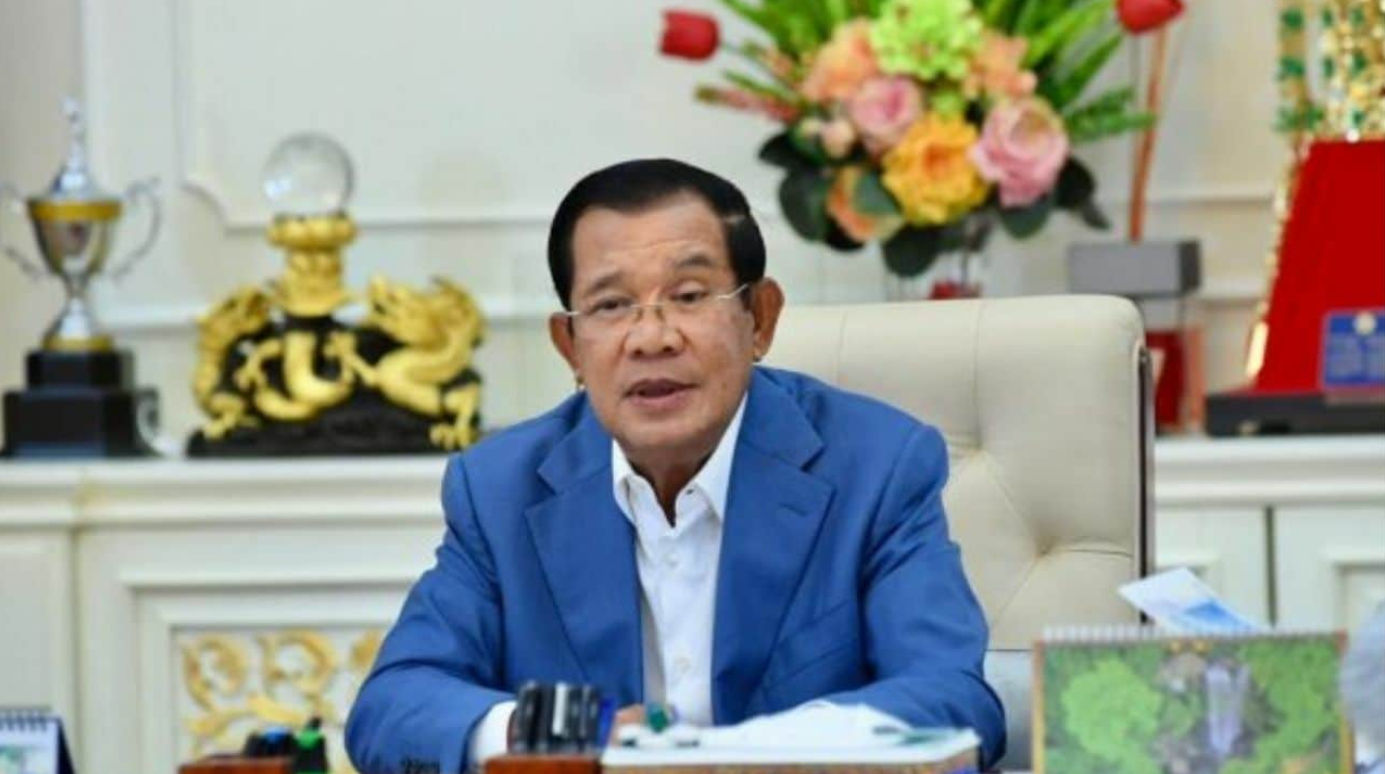A Cambodian activist named Em Piseth, aged 37, has gone into hiding in Thailand after publicly slamming Cambodia’s government and military. Piseth heads the Cambodian International Youth Network in Thailand, and he sparked controversy when he shared a TikTok video ridiculing Cambodian soldiers—claiming they were undernourished and unprepared for combat. This criticism drew the wrath of Cambodia’s Senate President Hun Sen, who accused him of spreading lies and impersonating an officer.
From Video to Exile – The Backstory
Piseth’s TikTok post included insider testimony from a former soldier stationed along the Thai–Cambodian border. The strong reaction came swiftly: prosecutors charged him with impersonation, sparking fears for his safety. With criminal charges looming, Piseth says he’s now forced into hiding somewhere in Thailand—an increasingly common story for Cambodian dissidents seeking refuge from government retribution .
A Temporary Safe Harbor
Thailand is known as a frequent sanctuary for Cambodian activists seeking safety. Yet the situation is complicated: Thailand isn’t a signatory to the UN Refugee Convention, lacks a formal asylum law, and has a history of sending Cambodian dissidents back— risking their safety . These returnees often face arrests, unfair trials, and even torture once back in Cambodia.
Thailand’s “non-refoulement” principle is weak, and recent incidents show activists are still vulnerable. Not long ago, six Cambodian activists and a child were detained in Pathum Thani and deported to Cambodia, with fears of harsh treatment awaiting them.
The Regional Web of Suppression
This isn’t just about one activist. It’s part of a broader pattern in Southeast Asia known as transnational repression—when governments chase critics across borders. Thai authorities have reportedly cooperated with Cambodian, Vietnamese, and Laotian counterparts to locate refugees and critics. In exchange, host countries benefit by tamping down activists who oppose their own regimes.
Activist Safety in Southeast Asia
| Country | Asylum Policy | Risk Level | Notable Cases |
|---|---|---|---|
| Cambodia | No protection—strong activist persecution | Extremely high | Activists face arrest, charges of impersonation, torture, or worse |
| Thailand | Not refugee-listing; ad hoc protection | Variable, often moderate to high | Mixed history: sheltering some, deporting others |
| Laos/Vietnam | Repressive; cooperate in showing dissenters the door | Very high | Known to request renditions of dissidents from Thailand |
What’s Next for Em Piseth and Others?
Piseth is reportedly preparing an UNHCR asylum application to resettle in a safer country. But until that happens, he remains in hiding with limited protection. Meanwhile, his movement—and those of many other Cambodian activists abroad—faces systemic threats, including border surveillance, deportation, and legal persecution.
Thailand’s new government under Prime Minister Paetongtarn Shinawatra claims commitment to human rights, but these promises are severely tested by ongoing cases involving Cambodian dissidents.
Conclusion
Em Piseth’s story is a stark reminder that speaking truth to power in Cambodia can force one into exile and uncertainty. Without formal refugee protections, activists in Thailand live with constant fear—from legal charges to abduction. In a region where suppressing dissent often transcends borders, Southeast Asian states must enact stronger safeguards and honor humanitarian principles to truly protect these voices.
